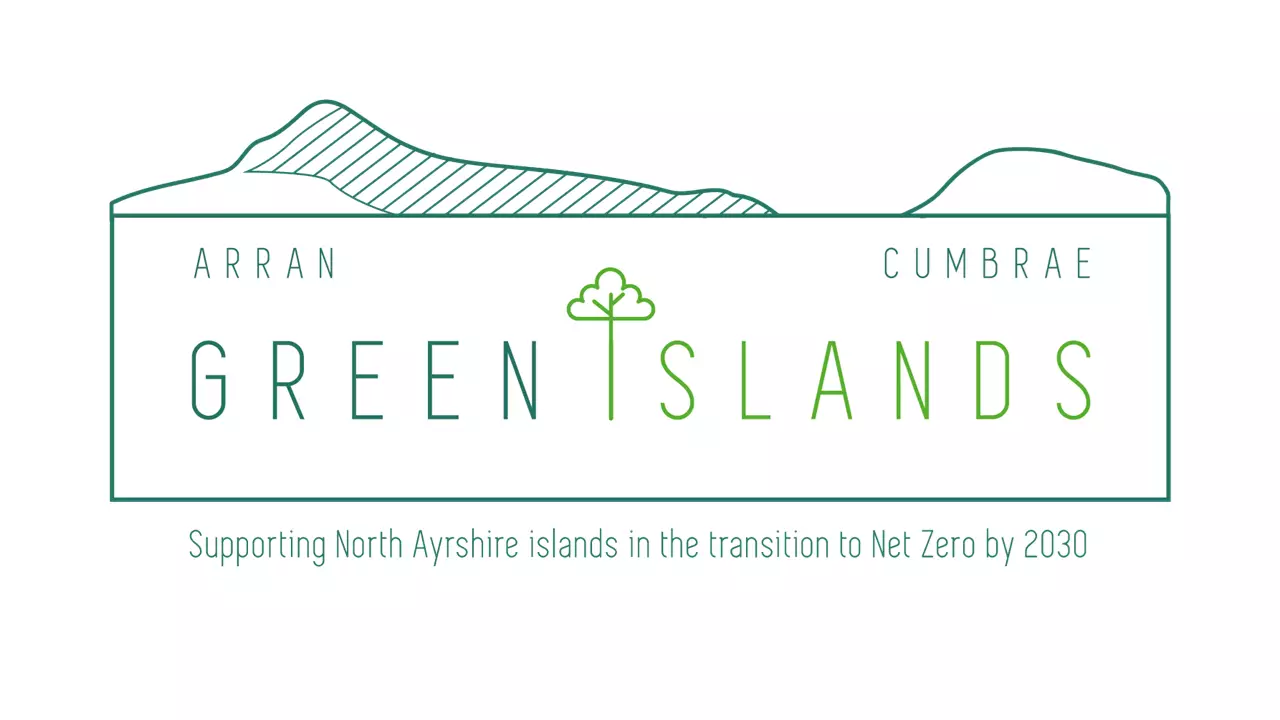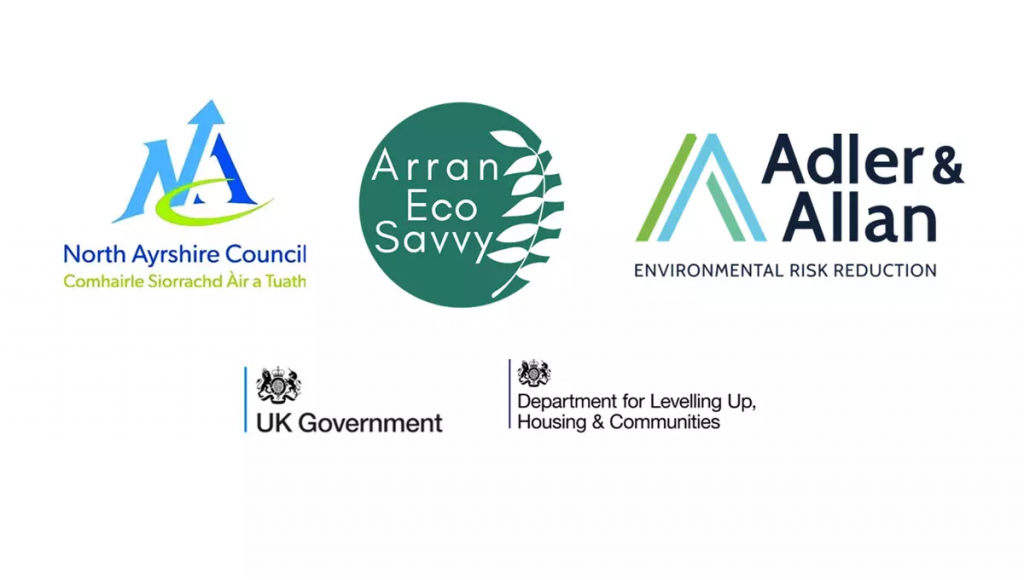Adler & Allan have been appointed to develop Net-Zero plans for the Isle of Arran and Isle of Cumbrae in Scotland.
The Green Islands Project is in partnership with Arran Eco Savvy (a charitable organisation with the mission of the improving the sustainability of the island) and North Ayrshire Council, funded by the UK Community Renewal Fund.
The work involved engaging with businesses from across the islands, such as Arran Ice Cream, Isle of Arran Distillers, and ARRAN Sense of Scotland, to conduct baseline carbon audits and develop roadmaps for how they can reduce emissions.
The findings from the audits will be combined with primary and secondary research to form a holistic carbon footprint of each island, identifying opportunities at business, community, and infrastructure levels.
What does each business receive?
Each business participating in the Green Islands Net-Zero project receives:
- A baseline carbon footprint assessment in line with the Greenhouse Gas Protocol
- Scope 1 – Heating and transport fuels (natural gas, petrol, diesel)
- Scope 2 – Purchased electricity
- Scope 3 – Purchased goods, transport of goods, waste, business travel, employee commuting, deliveries to customers, end of life disposal
- A Net-Zero Action Plan with recommendations to transition away from fossil fuels, adopt renewable technologies, source local products, travel sustainably and reduce waste
- Climate change awareness training to create new local climate champions
- Carbon accountancy training to allow island young people to continue measuring and reporting their carbon emissions beyond the project
What goes into developing a Net-Zero plan for an island?
Creating a Net-Zero roadmap for an island is the same process as any company. The potential greenhouse gas emissions sources are the same – just on a bigger scale.
Rather than assessing individual products purchased, Adler & Allan looked at entire sectors, such as domestic energy consumption, transport, imports, and exports.
First, they utilised population data to track the current and changing demographics on the islands. they looked at what Arran and Cumbrae would look like in 2030, 2040 and 2050 – and how a Net-Zero strategy needed to be futureproofed against these changes.
The challenges and opportunities
Adler & Allan had to immerse themselves in the culture of each island and understand the challenges that island life presents.
Separation from the mainland means there is limited access to some commodities, and they generally cost more. The islands are almost entirely reliant on gas oil for heating and transport. Local communities on Arran, whilst not far away in terms of distance, are separated by challenging geology making infrastructure upgrades and connectivity difficult.
However, islands also have unique opportunities. An island presents a relatively ‘closed’ system, with defined boundaries. Energy consumption and travel patterns can be predicted, and future demand modelled. Journeys in cars and public transport tend to be short – meaning that electric vehicles are a viable option without ‘range anxiety’.
Islands also have an abundance of renewable energy sources. Hydro energy is available from the burns that run down from Arran’s mountainous north. Cumbrae has large areas of land which could be utilised for solar energy. The tides around both islands are reliable and wind is not in short supply either.
Forestry and regenerative farming can sequester carbon in the soil and in biomass. A programme of eco-tourism and commercial conservation may bring a boost to the local economy of each island.
The future
The challenge with a Net-Zero plan for an entire community is that it must be led by the culture, geology, and the feel of the place. Net-Zero is not ‘one size fits all’.
They will only achieve Net-Zero if they ensure the right solutions are implemented in the right places, and that technological advancements supplement a place without compromising its heritage and distinctiveness.




